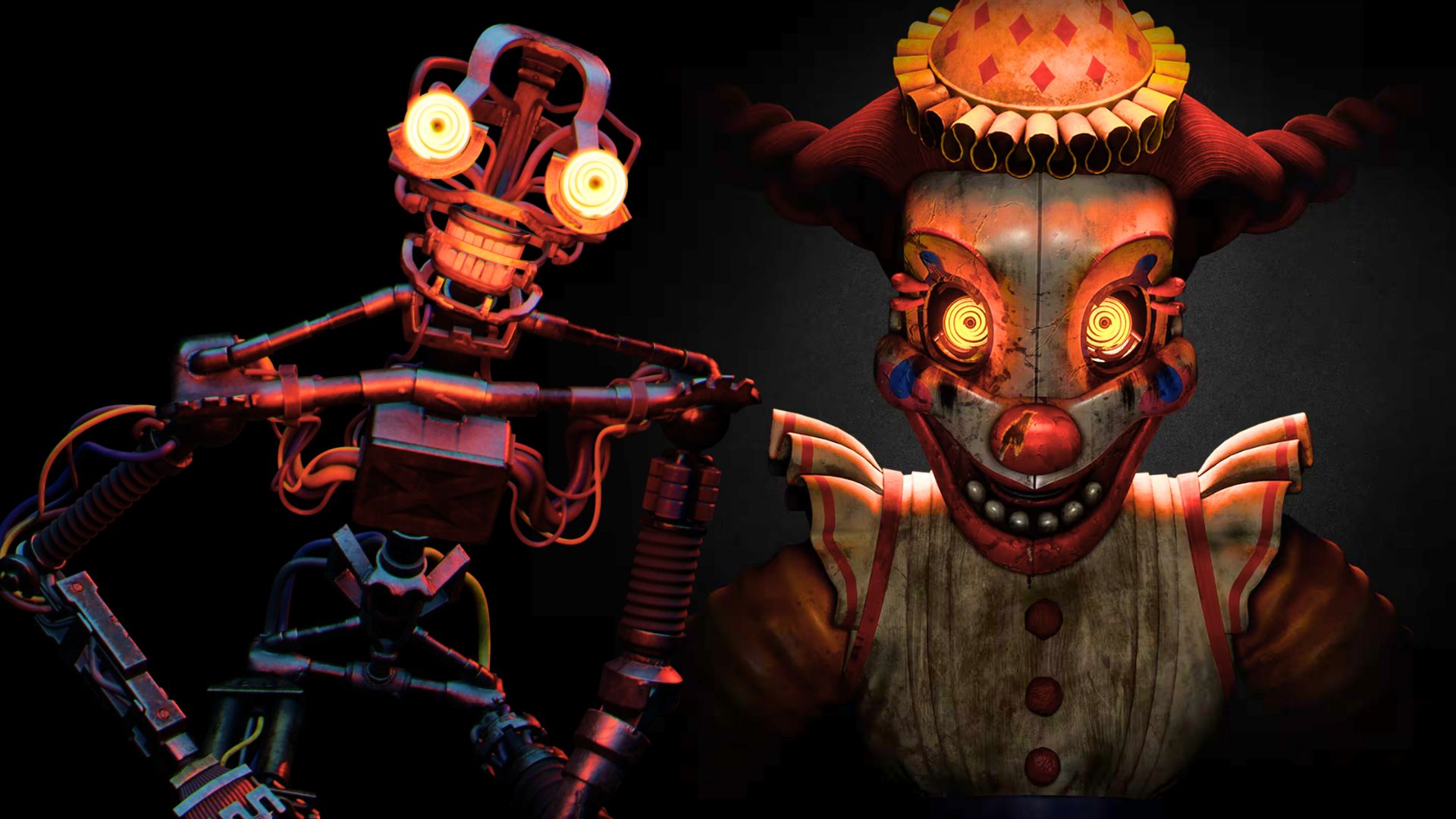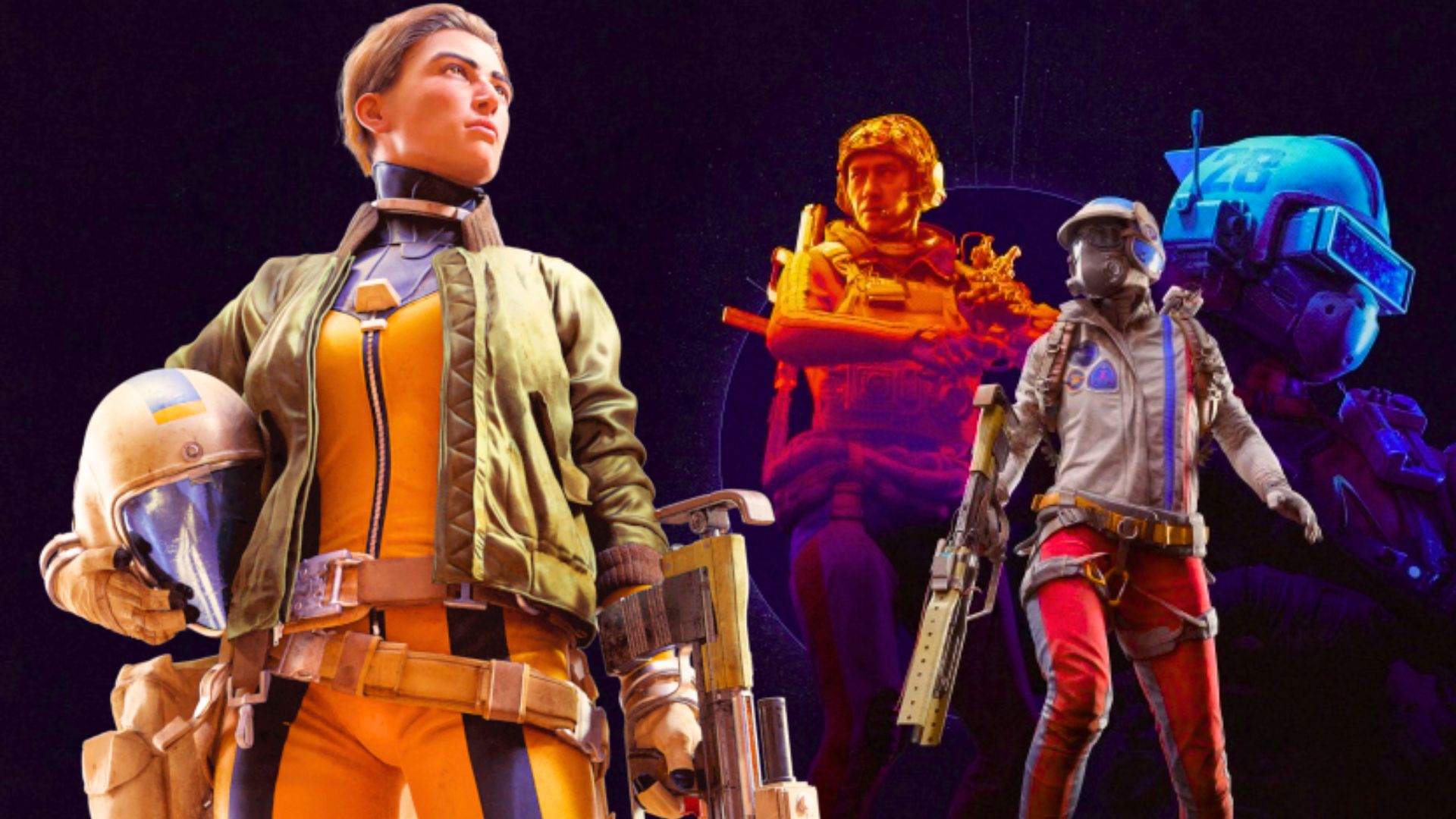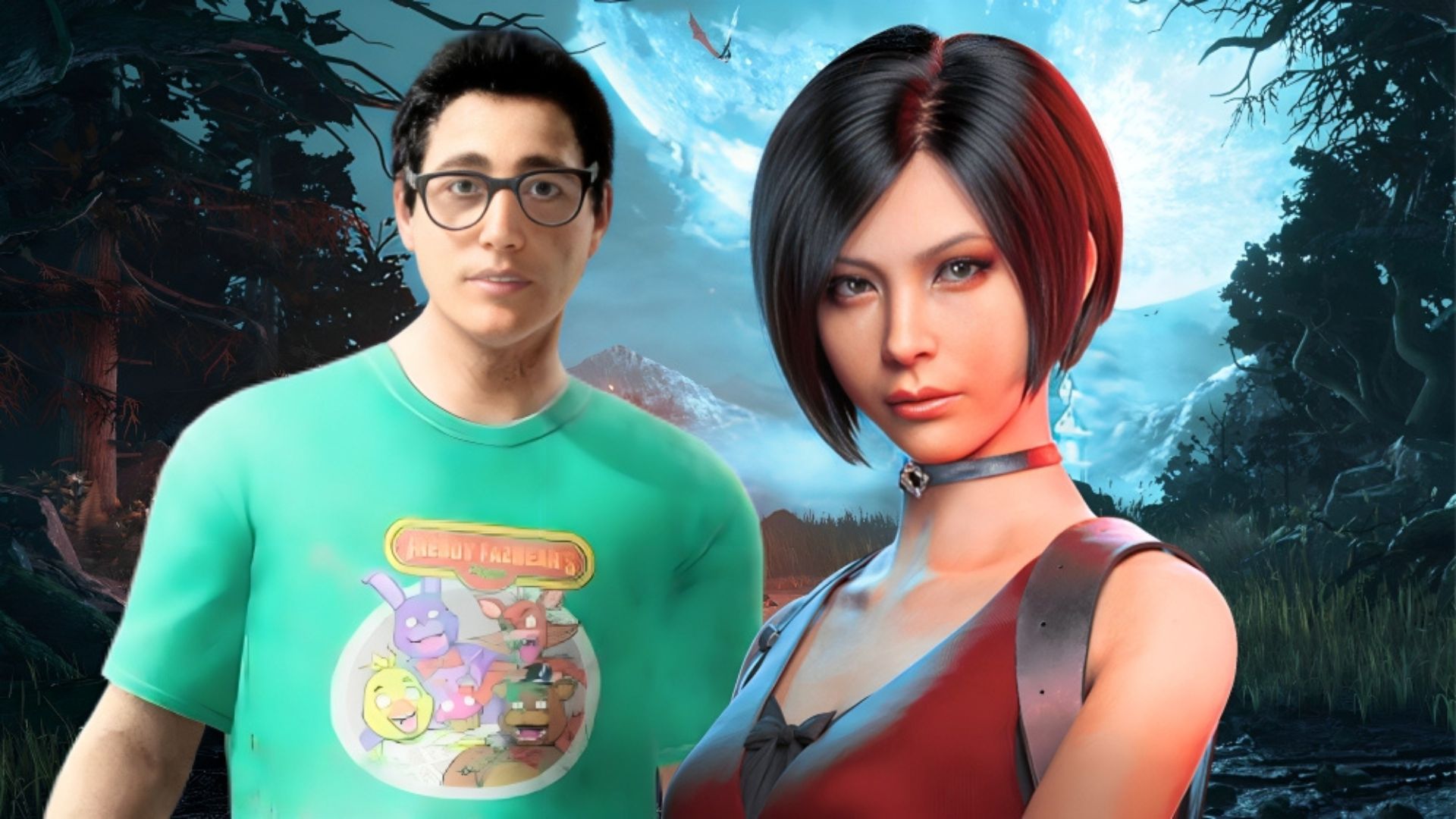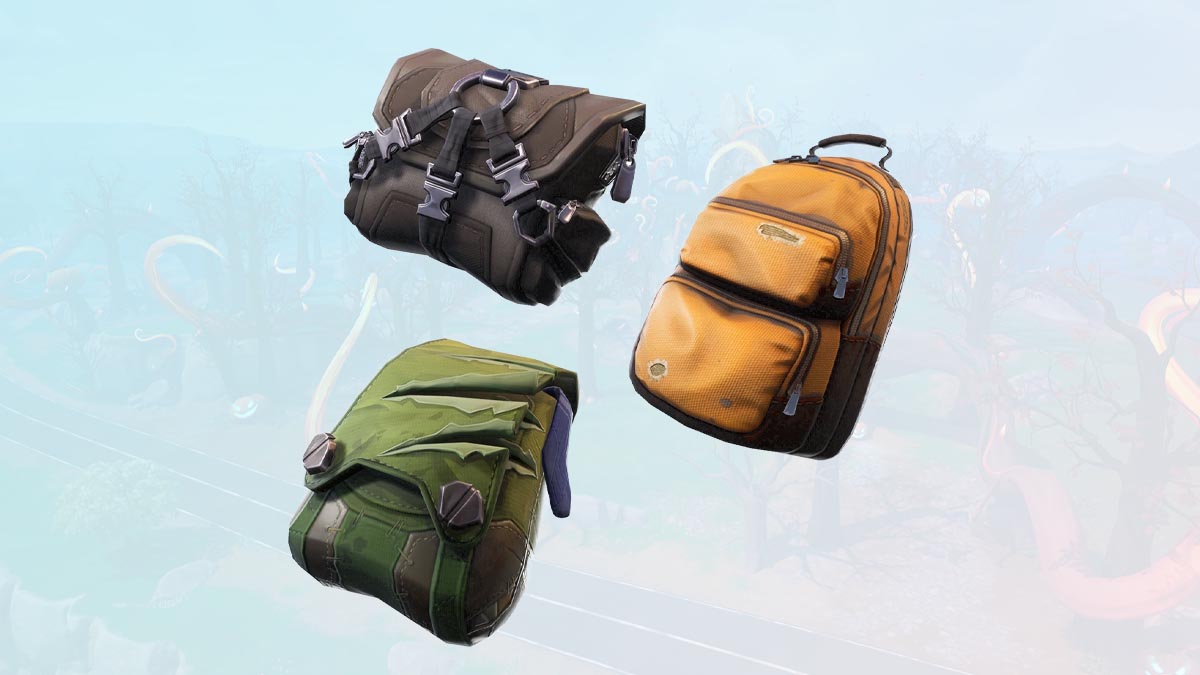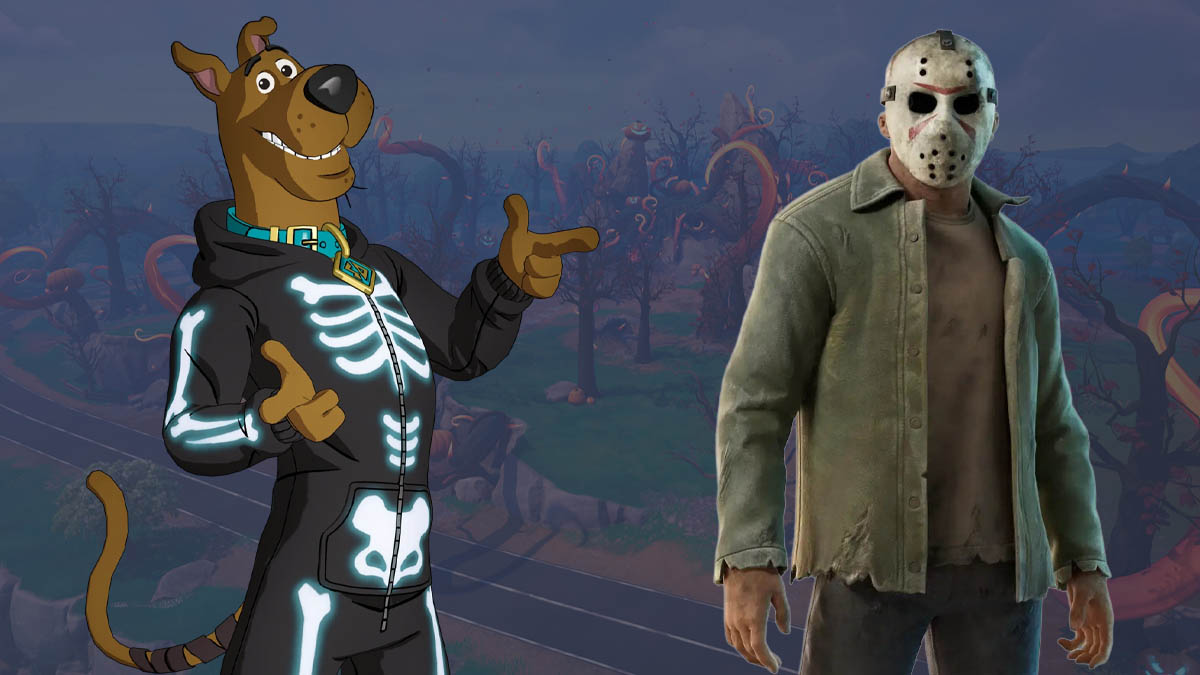You can trust VideoGamer. Our team of gaming experts spend hours testing and reviewing the latest games, to ensure you're reading the most comprehensive guide possible. Rest assured, all imagery and advice is unique and original. Check out how we test and review games here
Last week we caught up with Double Fine Productions’ Tasha Harris, project lead on Costume Quest, and the legendary Tim Schafer, to chat about the appeal of lower budget games, Halloween, and the perils in dressing like a magician.
Q: So, I know you’re probably fed up to the eyeballs of people asking you about Bobby Kotick all the time…
PR Rep: No! You can’t –
Q: … so my editor and I have decided on a different approach. Can you please say something derogatory about The Queen?!
[laughter]
Tim Schafer: The Queen has never done anything bad to me!
Q: Really?
TS: Yeah!
Q: Because she’s got a very low opinion of you. She said some terrible stuff about Brütal Legend!
[laughter]
TS: The Queen doesn’t like video games.
Q: She does! She was given a Wii.
PR Rep: Yes, by THQ!
Tasha Harris: Wow, nice!
TS: How did she like that?
PR Rep: We’ve seen her playing it.
Q: What was she playing?
PR Rep: Wii Sports? Maybe a bit of Wii Fit?
[laughter]
Q: Uh, anyway… I saw your keynote at Develop in Brighton, where you first announced DoubleFine’s plans to release four games in quick succession. You also said Costume Quest feels like a bit of a change of scene…
TS: This our first game that’s not been cancelled! That’s another one of our firsts…
TH: There are still a few weeks!
TS: Yeah, there’s still hope.
Q: What’s the appeal for you in going down this route towards smaller games? You said in Brighton that you’d ultimately like to self-publish your work.
TS: In terms of the appeal of self-publishing, it’s about control – about having control over your own creative final product. What I’ve found, in making these smaller games… THQ has been very supportive of us, doing whatever they want. They haven’t tried to influence the creative direction. So we’ve actually got that freedom, but we don’t have to risk our money – which we don’t have any of! So it’s the best of both worlds, so far.
Q: The balance between the need for financial support and the need for creative freedom – is that something you’re forced to deal with, a necessary evil, when you’re making a game that doesn’t exactly follow convention? I mean, Costume Quest isn’t exactly another space marine shooter…
TS: That’s the advantage of doing games on a smaller budget. You can try crazy things – RPG games set on Halloween night. If you’re spending 30 million dollars, people want to make sure it’s going to be a huge hit in North America, Europe… it has to be a worldwide hit in every single demographic possible, because it’s so hard to make your money back. With a smaller budget it’s much easier to make your money back, so you can try to do something [else]. But I think the only way to get success is to do something new and original, because all the big breakout hits have been crazy at the time – you know, like Grand Theft Auto. Those were not derivative games, they were very original. We just want to have more chances, more turns at bat, more games released per year.
Q: I’ve spoken to quite a few people over the past year about parallels between the film and game industries, in that most major studios either commit to huge movies, like Avatar, or to lots of smaller-budget films. Mid-budget films don’t get made nearly so often. Do you think that gaming is heading the same way?
TS: I think instead of having one solution for all games… It’s fun for me to go to a big-budget movie, to go see Avatar in a theatre, so that’s one kind of experience – and then seeing an independent film is a different kind of thing. It is the same for games. If you try to appeal to everyone you might make something that appeals to no-one at all, because you’ve removed everything that makes it special to you. Or you remove everything that makes it special because it might offend someone else, and so you get this thing that’s like nothing. With a smaller budget game you think, “Well, maybe it’s only me that’s going to like this game,” but at least you’re 100 per cent sure of it, that it’s going to be great.
TH: Different people are playing games now. When we were kids, only kids were playing games and everyone wanted a 40 hour experience because kids don’t have a lot of money to play games. But now you get people in their 30s or 40s playing games…
TS: Regular people. Not strange people.
TH: Not nerds! So you might not necessarily want that long of a game. You might want a game that you can just pick up for a couple of hours. There are a lot more casual gamers…
Q: But a lot of people, who used to be those kids, get very protective of gaming. They don’t necessarily like the diversity of gamers these days.
TS: Definitely, yeah. Just one thing, about casual games: I think they’re cool, I want to play casual games – but not “casual” in that sense that used to mean “cheap”. It used to mean “cheap-looking”. Casual games looked like something made in Flash. There are some really pretty-looking Flash games, but I mean… That’s something we didn’t want to do. We didn’t want to make budget titles, you know? So they’re lower budget, but they use the Brütal Legend engine, which in a way has a million dollars poured into it. So it still looks like a triple-A game, but just has a more condensed experience.
Q: Will Double Fine ever go back to making big budget titles?
TS: I definitely want to keep doing small games, but I think eventually we’ll do another larger game. I don’t ever want to do a four-year game again, but we never planned to do that. Eventually I’d like to do a mix of one larger game, and still do the smaller games too. I never want to give up. I don’t want to give up this thing we have of being able to come up with ideas and get out to the market really fast.
Q: So you didn’t burn your fingers too much with Brütal Legend, in terms of how long it took? That must have been pretty hard, I’d imagine.
TS: It was a long haul. These are labours of love, so sometimes you don’t notice it because you just care so much about getting it done, having it turn out well. But I think about the team sometimes, because I love heavy metal and I can listen to it for four years and I’m still listening to it now, but some of them were burned out on that! But I just found today that Tasha is a big Metallica fan…
Q: Were you before?
TH: Yeah, in high school I listened to them.
TS: I was like, “Okay, I can listen to heavy metal this long, but not everyone on the team listens to heavy metal.” That’s one of the great things about doing games that are done in a year – you can move on to something completely different. Something cute, like Costume Quest.
TH: It’s really awesome to have different stuff going on at the studio, because you get to work on all of the things that we’re doing, in different styles.
Q: I’ve never been in the States for Halloween, but it seems to be a much bigger deal over there than here in the UK. What kind of costumes did you guys wear when you were kids?
TS: Mine was always a ghost. We had five kids in my family, so there was really not a lot of time… [sighs]
TH: My mum used to make up some really cool costumes. One of my favourites was a magician. It turned out kinda funny the same year my sister was a bride, so people thought we were bride and groom! “NO! I’m a MAGICIAN!”
Q: I guess there’s a problematic visual crossover between magicians and grooms. What happens when magicians get married?
TS: Magicians are really marrying illusion.
TH: Maybe I should have gone with a more Doug Henning style…
TS: Or you could give her a bride costume that you can saw in half, and then have it both ways. “She’s not a bride! She’s my lovely assistant!”
TH: One year she dressed us both up as unicorns. There’s a unicorn costume in the game, so that’s probably where the inspiration came from.
Q: I noticed that there’s a kid in the game who says he goes as a ghost every year. Is that you, a young Tim?
[laughter]
TS: I totally forgot about that! I must have written that in my sleep.
TH: One of those late nights…
TS: See? That’s how you know games are art, because they have personal expression in them!
Q: How do you feel about the issue of writing in games? Obviously that’s one of the things you’re known for. These days there’s a lot of public appreciation for great writing in shows like The Wire…
TS: … Lost…
Q: Yeah, all that kind of stuff. But with games it seems to be something that the critics pick up on, but that other people don’t talk about much. Do you think that appreciation will grow, or is it simply the case that the writing is supposed to fade into the background?
TS: I think that’s based on what’s been done so far. I think people didn’t go nuts about writing in TV until great writing was done for TV. Then they started to realise that there was a difference between shows with great writing and shows without it. Some people think they don’t like story in games. “I don’t care about the story, I just wanna shoot stuff!” But I think that’s just because they haven’t been exposed to great stories – or stories that have been effortlessly woven into the gameplay. I think a lot of times a great scene is rubbed into your face. I’ve done my share of cutscenes, for sure. But I think as that matures, and games get better and better at having great stories just apparent in the gameplay and in the environments and dialogue, I think people will start to demand it more, they’ll want it again. I think it’s also… The thing about independent film, breakthrough films have changed the industry. Easy Rider, I think, was the first one that showed you could make a movie for zero budget and make millions of dollars. That got everyone very excited. And then Sex Lies and Videotape also showed that you could make these low-budget films that are actually very artistically successful, and win loads of awards and make loads of money and not cost a lot. So obviously that’s what Costume Quest is going to do.
Q: It’s going to be Easy Rider?
TS: It’s going to be Easy Rider meets Sex, Lies and Videotape, equals Costume Quest. [laughs]. Pretty much, exactly.
TH: But for kids.
TS: [to Tasha] That was your original pitch. “Okay, I want to make Easy Rider plus Sex, Lies and Videotape, for kids. With candy.”
Q: How do you feel about the iPhone? That’s obviously a huge platform for lower-budget games, but does it hold any interest to you as a developer? There are some great games for it, but they often seem to be designed for bus rides…
TS: It’s a different kind of experience. I’m interested in it, but Ron [Gilbert] is actually really interested in that. He has an iPad and he believes it’s the greatest gaming platform ever. I don’t have one yet, but I’ve meaning to check that out.
Q: For me, it doesn’t necessarily feel like the iPhone is the right kind of platform for the kind of story-driven stuff that Double Fine does…
TS: But I liked playing Monkey Island on it. I had Monkey 1: Special Edition. You can turn it on and off whenever you want. I would play it on the train, and it worked out really well. My relationship with mobile games in general has always depended on particular lifestyle things, like if I’m taking the train a lot, commuting. Or if I’m flying a lot, often I’ll really get into mobile games. If I’m driving, I’ll get less into them.
TH: I love my DS, I probably play it more than my consoles. I think it really depends on the game idea. Generally, we tend to come up with game ideas first, and then decide what platform it would be best suited for.
Q: On a slight tangent… I wanted to ask you about the Pirates of the Caribbean films. Monkey Island was originally based upon Tim Powers’ novel, On Stranger Tides, and now the next Pirates film is using that as its source material. Is it a bit weird when you watch that franchise and see all the things it’s taken from your games?
TS: It’s pretty funny. It’s a better question for Ron, because it’s more his thing. I’ve not read that book, he read that book and a lot of the stuff about having this young protagonist entering the world of piracy came from that. The whole connection with the movies is interesting, because obviously there are some things – the Voodoo hut, and rowing a coffin – that are just eerily similar. Some of the screenwriters, I’ve seen them comment on forums about it. One guy wrote under a review of Monkey Island and he said. “Look, I wrote one of the screenplays for this and we never even played that game. It’s totally a lie. But I’ve heard other stories that have made a connection between ILM, when they were making the movie there, and I’ve heard stories about some concept art that did evolve into the movie. I don’t know who to believe, and it is kind of mysterious, but in the end I don’t mind – because actually I think the first Pirates of the Caribbean movie was great. And if you see it as an adaptation of Monkey Island, it’s a really good one! It’s probably better than a lot of video game-based movies.
Costume Quest is due for release on XBLA and PSN on October 20.
Brutal Legend
- Platform(s): iOS, Linux, macOS, PC, PlayStation 3, Xbox 360, Xbox One
- Genre(s): Action, Strategy

/https://oimg.videogamer.com/images/7916/brutal_legend_35.jpg)
/https://oimg.videogamer.com/images/e5e7/costume_quest_2.jpg)
/https://oimg.videogamer.com/images/ab37/brutal_legend_36.jpg)

